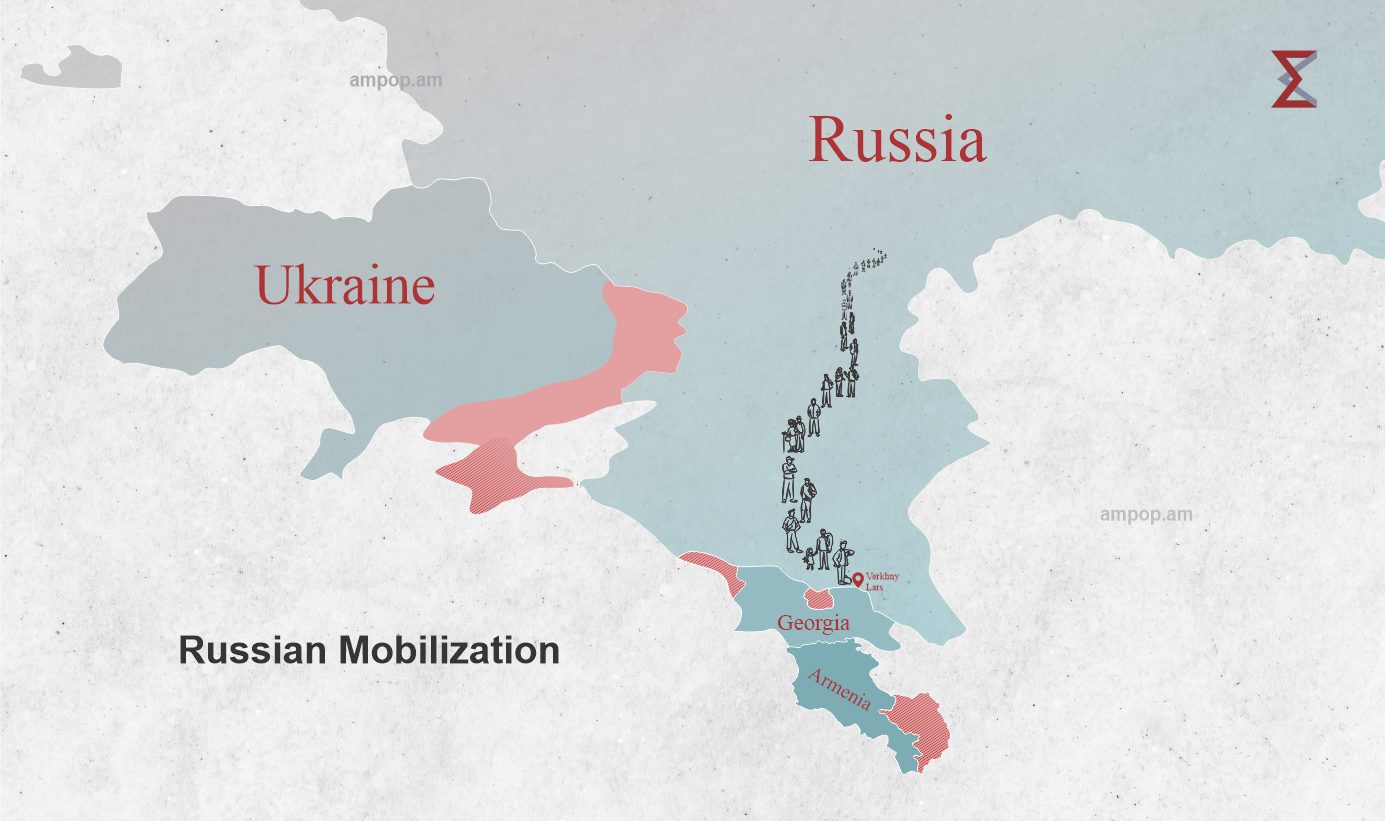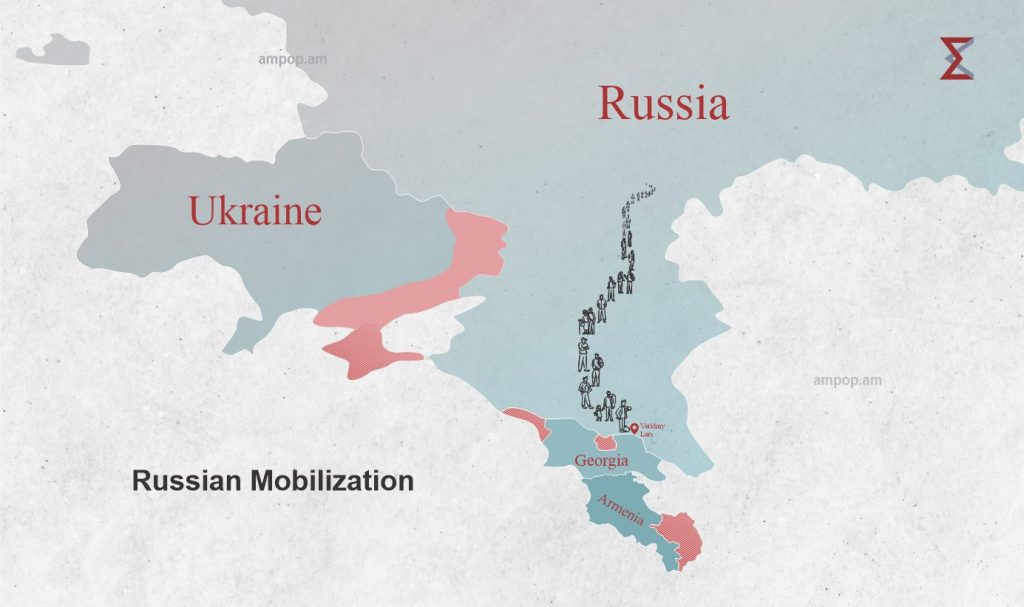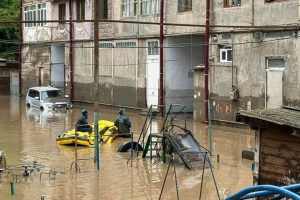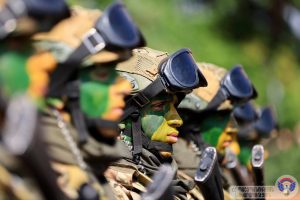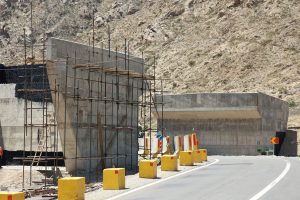Young Russian Nikita Komorov left his life in Saint Petersburg to move to Tbilisi on 5 March, although Nikita’s ties with Georgia started earlier. He says, by the moment he decided to move to Georgia, he already had about 30 entries to the country since 2010. His love for Georgia was the reason he got Georgian citizenship in 2012.
Nikita has recently started a business with a friend.
“I don’t identify myself with the Russian authorities in any way; I have never served in the state system, have quit studies at two universities, because I did not want to have anything in common with the education system of Russia,” Nikita shares with Ampop Media, adding there is little surprise to him in whatever Kremlin says these days.
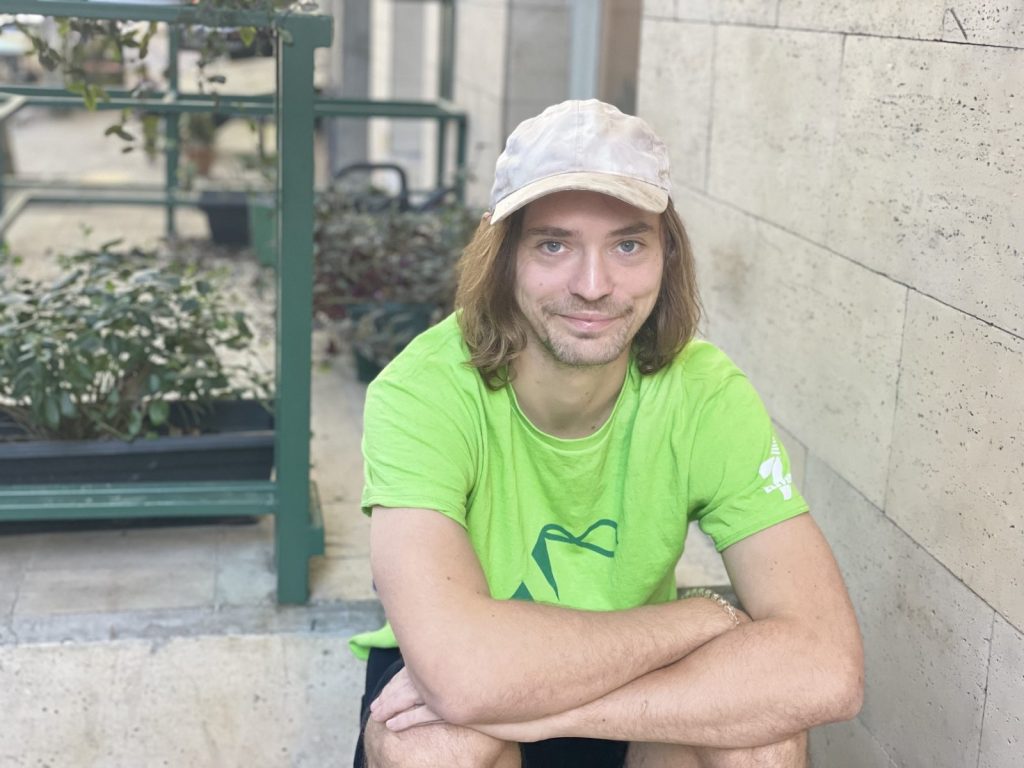
Nikita recalls visiting a friend, Ilya, often seeing the friend’s parents watching the news program on the independent Russian TV channel Dozhd. He says following the sanctions imposed by the state on the Dozhd TV channel, the elderly people were forced to switch to the federal First Channel, to get some news.
“That’s how the propaganda works; the freedom of speech is violated that way,” he says.
Nikita and his friends have watched lots of documentaries on military conflicts, including those covering the first and the second world wars after the Russian assault against the sovereign territory of Ukraine. The decision to move to Georgia was made collectively, he remembers.
Following Russia’s intrusion into Ukraine and the partial mobilization declared by its President Vladimir Putin, on 21 September of this year, thousands of the country’s citizens, mostly people of service age, have rushed to leave the country.
The land border between Russia and Georgia has been crowded since the announcement of the mobilization. Many of the Russians, whom we met in Tbilisi, believed Georgia is the safest country in the region.
Georgia has no strategic or other partnership with Russia, and Russians think it is less possible that they might be extradited back to Russia in case they appear on an international wanted list at home as evaders.
Most of the Russians in Georgia are young people, who underline meeting a cold welcome of the local society, but say they are well aware of the reasons behind that (Russian Federation has occupied about 20% of Georgia’s territory), despite, they have been underage when the Russian-Georgian conflict erupted and have not participated in the military actions, and definitely have never supported the Russian authorities.
To the question about the reasons Russian migrants refrain from moving to Armenia, most Russians say Armenia is not safe due to the military actions [along its borders with Azerbaijan]; besides, Armenia members the CSTO, and the possibility it may act like Kazakhstan cannot be ruled out.
To the question as to why they have left Russia, the young people say: why would we ever die in a foreign land?
Georgia’s Minister of Internal Affairs Vakhtang Gomelauri says as of 27 September the number of Russian citizens entering the country from north has grown by 40-45% in just one week.
“No one wants to fight on the side of Russia. No one really understands what Russia is. If it is an empire, then no, I am not ready to fight under its banner and die for it. If its purpose is to make more people speak Russian, then imposing it by shooting at people is the worst way,” Nikita believes.
He also says Russians who have migrated to Georgia are people who are able to evaluate the situation realistically and do not want to pay taxes in Russia from the income they get.
The café Nikita and his Georgian friend have opened employs Russians, Georgians, and Ukrainians. The coffee spot is not opened officially yet, but Nikita’s friends already order coffee and hold business meetings there.
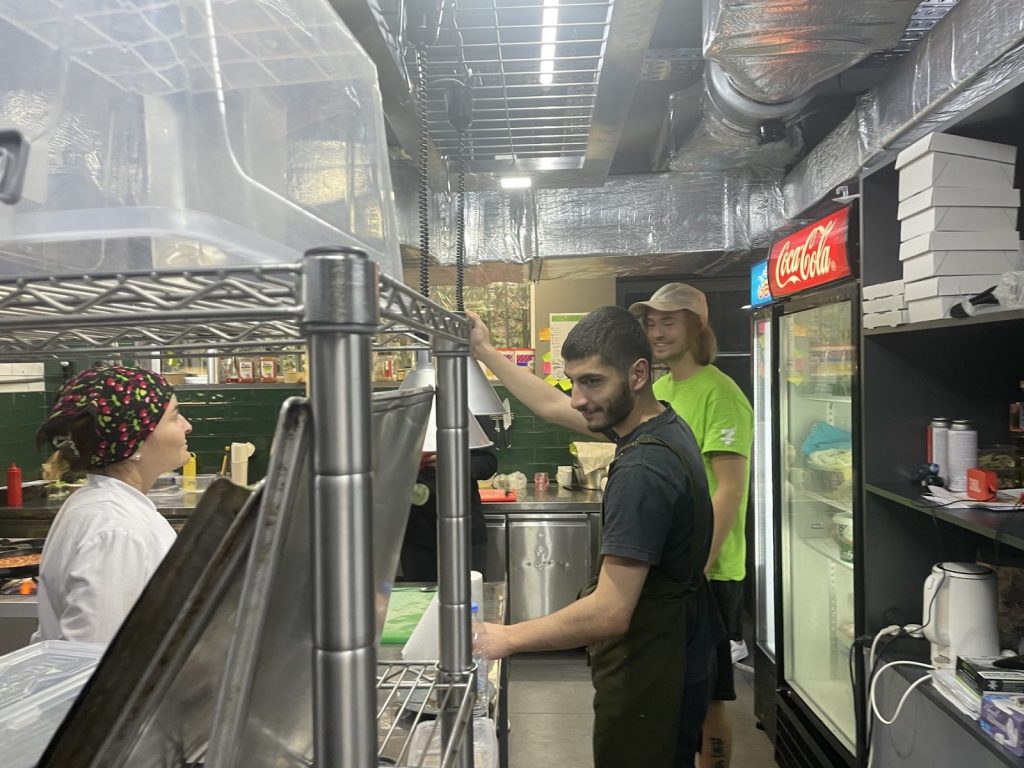 The opening of the café was motivated by the urge to create a social space, where people of all ethnic backgrounds could get acquainted and discuss various topics. Nikita says he does not view the café as a source of income. His main job, he shares, will be the gym that is planned to start operating in January.
The opening of the café was motivated by the urge to create a social space, where people of all ethnic backgrounds could get acquainted and discuss various topics. Nikita says he does not view the café as a source of income. His main job, he shares, will be the gym that is planned to start operating in January.
He says the Georgian market is rather small and there are some logistic issues, but the conditions created for business are perfect there, as businesspeople are always given a chance to fix whatever mistakes they may make along the way: the tax system is simplified and automated.
He does not think Georgians are reluctant to host Russians; rather they do not welcome Russians, who support the Kremlin’s aggression.
Nikita says those who had moved in the early months following the start of the military offensive were not welcomed warmly. “And that’s quite understandable: people had spent two years in quarantine, and then they got outside to the streets and all of a sudden saw Russians with luggage and bags by their side. That was not the nicest thing to witness, but then little by little the situation improved and lots of joint Russian-Georgian programs emerged,” Nikita says.
Our hero finds it hard to predict the outcome of the Russian-Ukrainian war, but believes Russia’s borderline as it was before 24 February will change and he doesn’t mean just the Crimea. He says he foresees civil clashes in Russia, an increase of crime rates and killings.
“Anyone shall be responsible for humanity, regardless of your ethnic background. Russia speaks about using nuclear weapons and, so, does not feel responsible for it,” Nikita says.
Written by Seda Ghukasyan
Photo credits: Seda Ghukasyan
Illustration by Anush Baghdasaryan
More articles about #WarInUkraine
© All the stories, infographics and other visuals bearing the Ampop Media logo is possible to publish on other audiovisual platforms only in case of an agreement reached with Ampop Media and/or JFF.
Փորձագետի կարծիք
First Published: 28/11/2022


